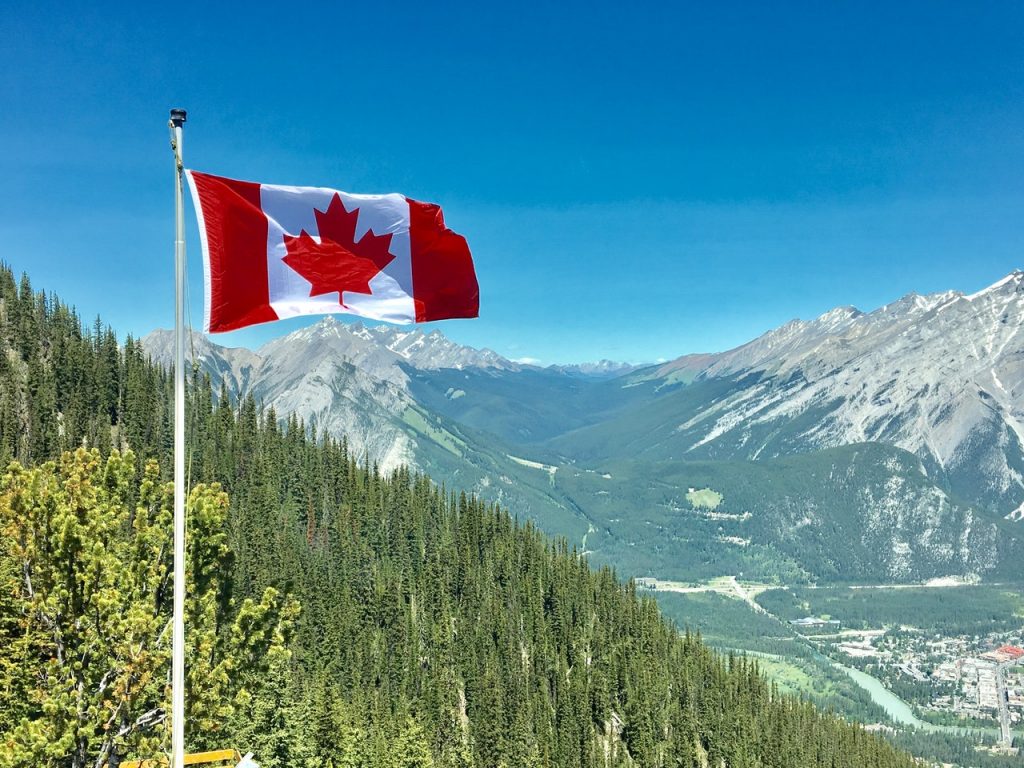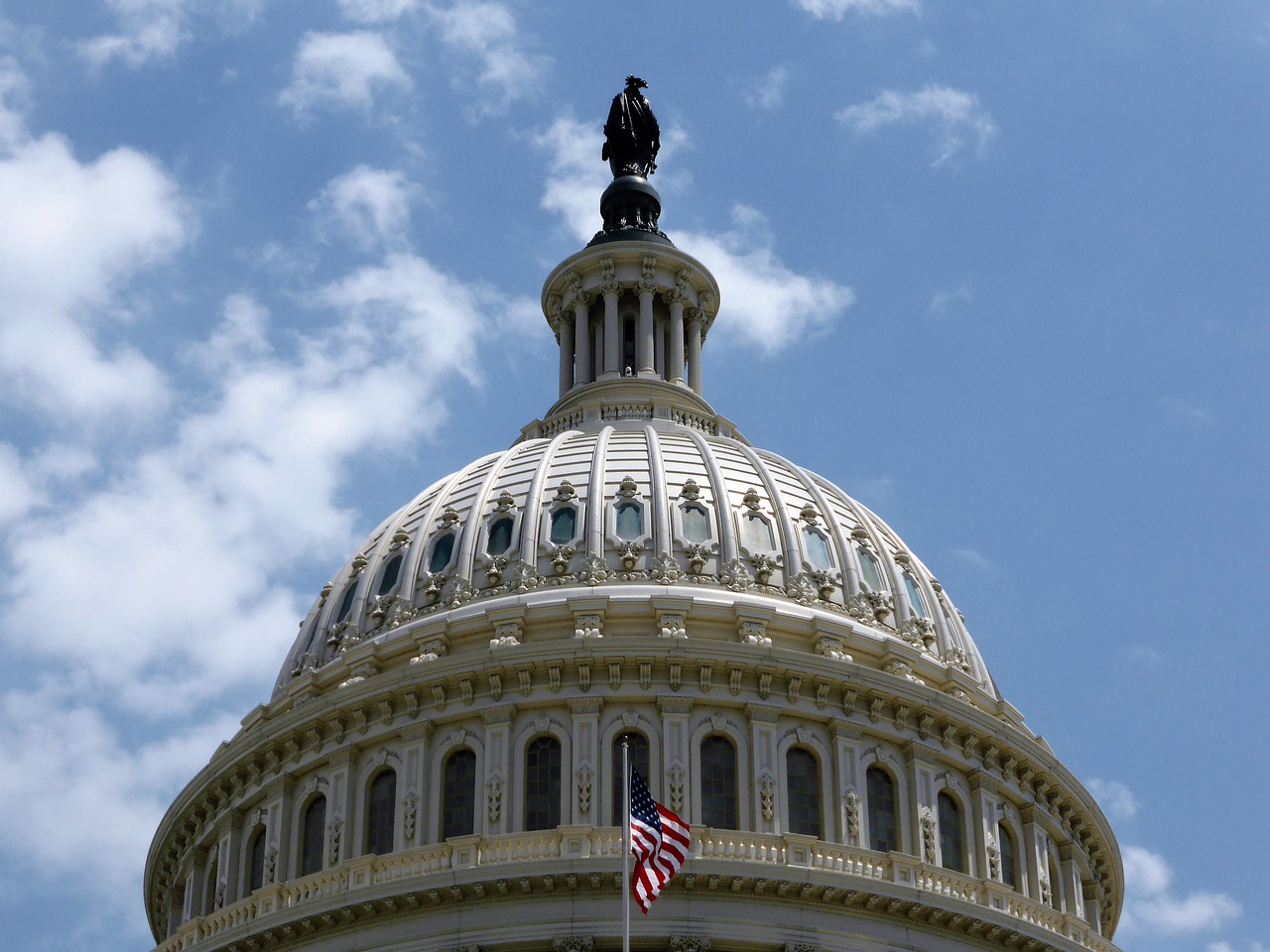Canada Moves Towards Legalization of Cannabis for Recreational Use Nationwide
The Canadian Parliament in Ottawa, both the House of Commons and the Senate, ratified the Cannabis Act of 2018 on Tuesday, June 19th. The law will permit and regulate the growth, distribution, and purchase of cannabis for recreational usage. Canada becomes the second country to legalize cannabis for recreational purposes after the South American country of Uruguay legalized the drug in 2013 under the leftwing government of former president Jose Mujica and the current majority ruling Broad Front coalition.
The federal law will allow a Canadian citizen over the legal adult age of 18 years old to possess less than 30 grams of the herbal drug and grow four cannabis plants in their own homes as well as order the drug from federally licensed producers. The bill now awaits a royal assent from the country’s ceremonial head of state, the governor-general. While initially suppose to be implemented by July, Prime Minister Justin Trudeau said that the legalization will go into effect in October so that the national government and the provinces are given more time for enacted regulation and enforcement of the law. The North American country criminalized the substance in 1923 under the Liberal Party leader and prime minister William Lyon Mackenzie King of Ontario. However, it legalized it for medical purposes in 2001 under the liberal leader Jean Chretien of Quebec.
14 countries around the world, including Mexico, allow medical cannabis. In the United States of America, eight states and Washington, D.C. have legalized the drug for both recreational and medical purposes. Countries such as the Netherlands and Portugal have decriminalization laws.




